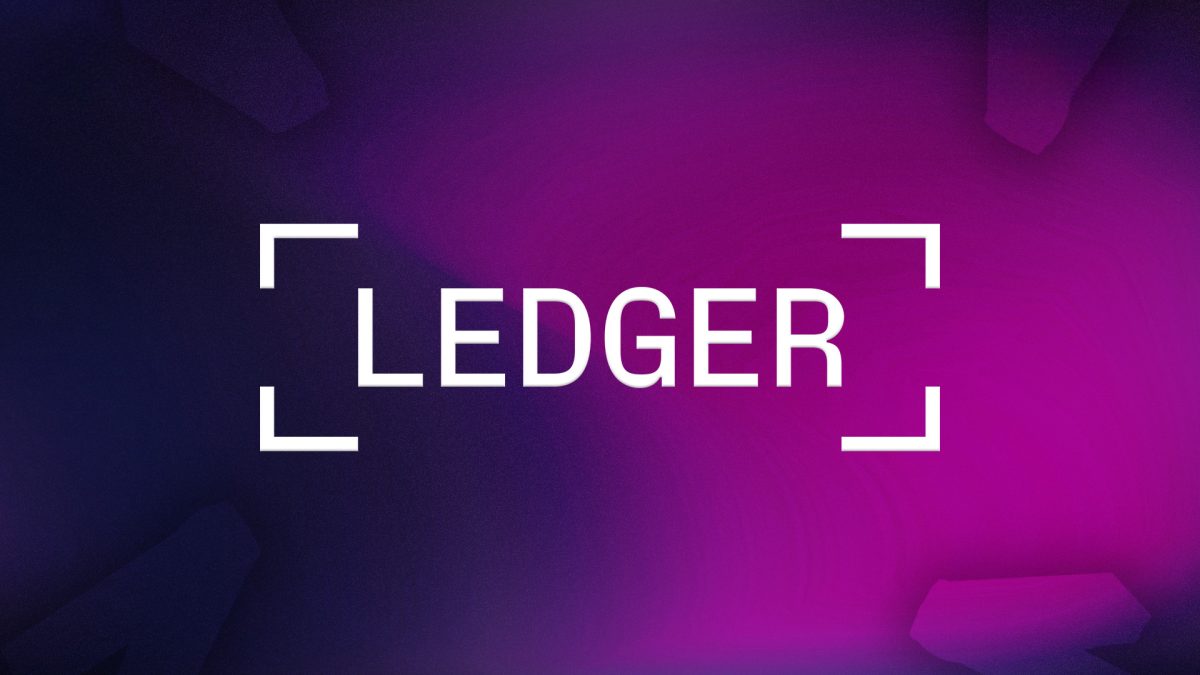Ledger’s new native multisig rollout sparks criticism over ‘cash cow’ fee model
Quick Take Ledger’s new multisig rollout sparked backlash from developers over added fees and lack of support for older Nano S devices. Critics said the company’s shift toward closed-source tools and paid coordination services marks a break from its self-custody roots.

Ledger’s new native multisig feature has drawn mixed reactions from developers and long-time users, many of whom welcomed the addition but questioned the company’s decision to introduce per-transaction fees.
The feature debuted Thursday alongside the Nano Gen5 device and the revamped Ledger Wallet app, which replaces Ledger Live. The rollout marks Ledger’s first in-house coordination system, allowing multiple signers to verify transactions through the company’s backend instead of third-party tools such as Specter or Sparrow.
Many in the developer and security community criticized the company for attaching a $10 flat fee to standard transfers and a 0.05% fee on ERC-20 token transactions, in addition to normal network gas costs.
Adding to the confusion, Ledger CTO Charles Guillemet on Thursday posted on X that “the best part” of the update was that “ Ledger Multisig is free . No extra cost. No complexity.” The following day, he clarified the statement, writing, “There’s a typo in the tweet. Multisig is a paid service, as indicated in the doc and announced during Ledger Op3n.”
Guillemet added that the fees reflect the cost of maintaining the infrastructure and audits needed to support the service’s additional security layers.
Security researcher and developer "pcaversaccio," a core builder of the crypto-security response network SEAL-911, said the model risks turning multisig users into a corporate revenue stream, calling it a “cash-cow” tactic that contradicts Ledger’s cypherpunk roots in a tweet on Friday.
"Sarnavo," a developer with the Avalanche ecosystem project Team1, echoed that sentiment in a separate post , writing that while clear signing — which allows users to review readable transaction details before approving them — improves safety, “that same trust feature is now being turned into a paywall.” They noted that Ledger’s interface is closed-source, leaving users unable to verify how data moves during signing, and that the company’s undisclosed transaction service for signature coordination raises transparency concerns.
“Security shouldn’t be monetized per transaction,” they wrote.
Ledger’s new multisig feature also isn’t supported on its original Nano S, once the company’s flagship and most widely used wallet. Millions of users still rely on the model, which was long marketed as the affordable entry point to self-custody. But because the Nano S lacks the memory to support clear signing or Ledger’s new coordination system, many longtime users feel left behind — a frustration pcaversaccio summed up by saying that Nano S owners are “basically censored.”
The Block reached out to Ledger for comment but did not immediately receive a response.
Disclaimer: The content of this article solely reflects the author's opinion and does not represent the platform in any capacity. This article is not intended to serve as a reference for making investment decisions.
You may also like
Ripple-Supported Evernorth Now Possesses a Whopping 261 Million XRP
Securing Massive XRP Treasury Ahead of Nasdaq Public Listing through Armada Acquisition Corp II Merger

Bitcoin and ETH ETFs Lose Ground as Investors Pivot Back to Bitcoin: Is Altseason Over?
Shifting Market Preferences: Over $128 Million Withdrawn from ETH ETFs as Bitcoin Futures Activity Soars to Record Highs

Stablecoin Revolution: When Payments Are No Longer Tied to Banks, How High Is the FinTech Startup Ceiling?
The Federal Reserve is not only exploring stablecoins and AI payments, but also piloting a new proposal called "streamlined master accounts," which would allow qualified companies to directly access the Fed's settlement system. This move could open new doors for fintech innovation.

A $2 billion "game of probabilities": Is the prediction market approaching its "singularity" moment?
The prediction market is evolving from a marginalized "crypto toy" into a serious financial instrument.

